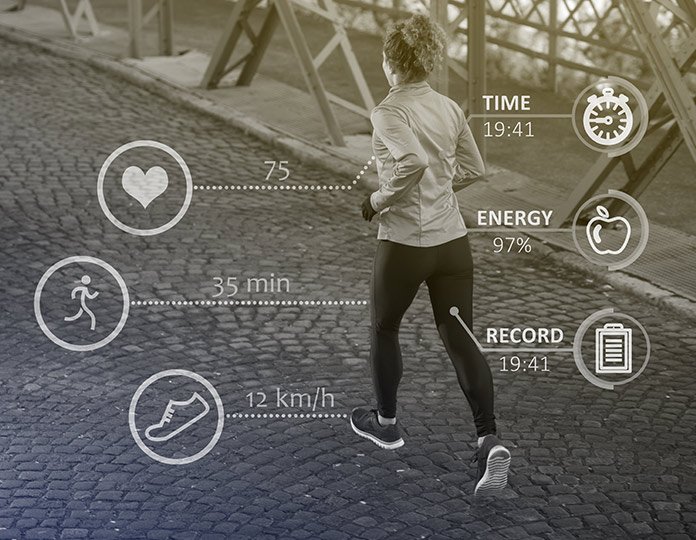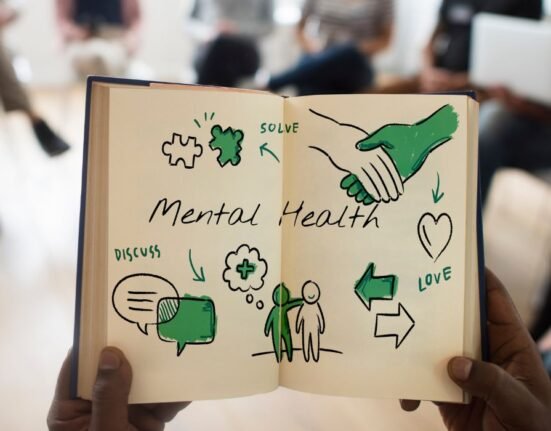Introduction
Digital gadgets are indispensable part of our daily lives. We spent a major fragment of our time exploring, scrolling, uploading, updating etc. On one hand, where we often get lost in the world of digital devices and used to spend hours and hours, consequently, on the other hand it is also essential to maintain our digital wellbeing. Digital addiction or internet addiction causes an increase in loneliness and depression, fuels our stress and anxiety, hinders our sleep patterns and diminishes our capacity to concentrate. Digital wellbeing is not limited to using the technology less instead it is specifically focused on using it with efficiency.
With the advancement in technology and expansion of the digitized world, we are becoming more digitally smart and well aware of the new technology and applications which are readily available on our smartphones. As we call our mobile “smart phone”, in fact, they are smarter or differently, we can say more than what we think. These electronic devices provide you information, awareness about your world around you, connect you with your loved ones regardless of the distance and shower you with endless opportunities to explore with just one touch. Initially, when the availability was limited people did use desktop for multiple work, however, with technological development now we have better access to our emails, social media, professional sites etc. everything on our mobiles which in fact, is a blessing in disguise.
Individuals have created a mini digital world where they live with their digital gadgets. Additionally, they are 24X7 occupied with their digital gadgets, specially, mobile phones and tablets, which are comparatively easy to handle. Most often, the self-created world refrain us from paying attention towards digital wellbeing and which ultimately leads to digital addiction. It is also well-quoted in the words of Christian Lous Lange, a historian that “Technology is a useful servant but a dangerous master.” Therefore, we need to have control over technology otherwise it will start impacting our digital well-being.
Digital well-being is a state of satisfaction that people achieve when digital technology supports their intentions. Engagement with digital devices ultimately affects our mental health and well-being. As per Google, Digital wellbeing is an attempt to help people get a better relationship with the technology in their lives by focusing on four areas: Understanding habits, focus on what matters, help switching off and help families find the right balance with technology.

It is quite fascinating that merely installing an application and running it through your mobile phones, within minutes you can monitor your heart rate, keep a check on your step count, do yoga sessions, regulate your water intake, plan your diet etc. Nowadays, by paying online and following the steps further you can easily talk to an expert regarding your specific issues and get guidance from them through conversing on call or you can arrange an online video session. It is highly feasible and time saving for those who are living in remote areas and have no access to get assistance through physical contact.
This is really a sad reality that after being available on social media and other related stuff people are facing feelings of loneliness more. Frequently checking the mobiles for text and updates on instagram, facebook etc, continuously engages the brain which is not good for mental health. HelpGuide.org is an independent nonprofit that runs one of the world’s leading mental health websites. It mentioned a study from the University of Pennsylvania, which reported that individuals, who are occupied more in Facebook, Snapchat, and Instagram, tend to increase their feelings of loneliness rather than decrease. Conversely, the study also found that reducing social media usage can actually make you feel less lonely and isolated and improve your overall wellbeing.
As people are getting more and more indulged into these electronic gadgets they are becoming overly sensitive towards others’ lives. They repeatedly check their social media screens and always engage their brain in thinking about the life updates on social media. This heightened sensitivity could lead to later compulsive social media behaviours.
Among the majority of the population, social media is accessed to avoid feeling low which results in passively scrolling the mobile screen for hours and till the time one notices it, a large amount of time has already been wasted. Avoiding feelings or emotions will not provide you with any solution; in fact, it would make you even more sensitive towards such petty things which are not even important for you at the moment. Without thinking in depth about anything, most of the people are just behind following the trends only. Feeling of missing out (FOMO) is also one of the buzz words which have evolved with the increment in the usage of social media among the people.
Joy of missing out (JOMO) is a sociological phenomenon which is a response to FOMO, or the Fear of Missing Out, the fear of being “out of the loop”, or not being the “coolest”. In 2018, Sundar Pichai discussed the joy of missing out (JOMO) as a solution for maintaining digital wellbeing and suggested a company-wide initiative to help people understand their habits, focus on what matters and find balance with their families. Therefore, at an individual level, digital practices also have two sides of it, positive and negative. It gives you increased feelings of connectedness, appropriate information but also anxiety, discomfort and embarrassment. Both positive and negative sides are the outcomes which can arise in parallel and sequentially. We have to be mindful while making choices, keep control of ourselves and check on the amount of time we spend on digital gadgets.













Leave feedback about this